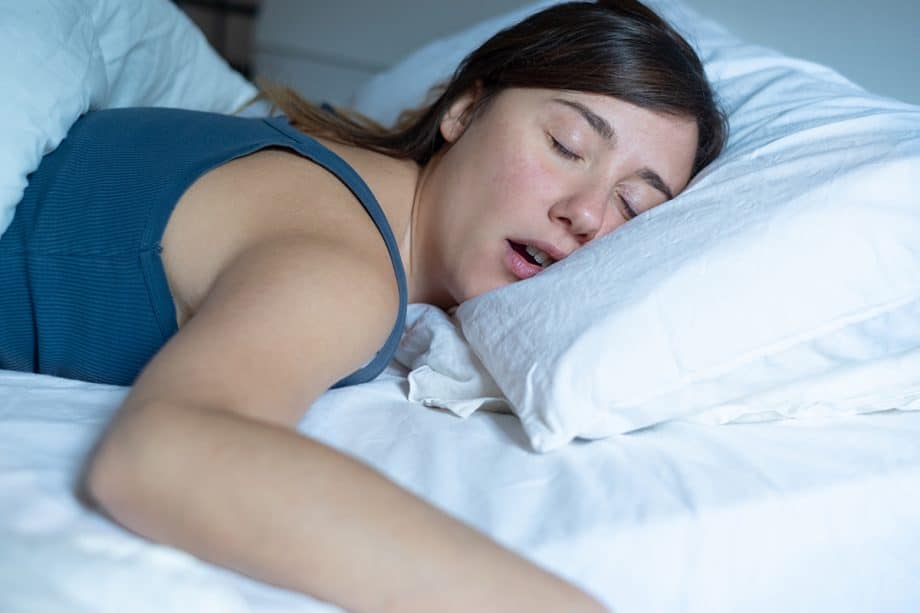Sleep apnea is one of the most common sleep disorders. It is characterized by snoring and interrupted breathing while sleeping. People who suffer from sleep apnea don’t get quality sleep at night, leading to fatigue and potentially other health problems such as heart disease, high blood pressure, and diabetes. Sleep apnea is more common in adults, but it can also affect children.
If you think you or a loved one may have sleep apnea, there are a few treatment options available. Learn about the causes of sleep apnea and the different ways to treat it.
What Causes Sleep Apnea?
To understand how sleep apnea is treated, it helps to understand what causes the condition in the first place. When you sleep, especially when on your back, the soft tissues of your mouth and throat relax and either partially or completely block your airway. Your tongue may slide back and your throat tissues may collapse to restrict your breathing. Snoring is the sound made by the vibrations of the mouth and throat tissues as the air moves over them. Sometimes your airway may become completely blocked and you stop breathing altogether for a few seconds.
Treatments for Sleep Apnea
Sleep apnea can be treated in a variety of ways, including:
- Oral appliance. An oral appliance is a custom made mouthpiece that you wear at night while you sleep. It positions your jaw optimally to keep your airway free and clear.
- CPAP machine. CPAP stands for continuous positive airway pressure, and consists of a mask worn over your mouth and nose. The mask has a hose connected to a machine that delivers a constant flow of air that keeps your airway open for optimal breathing.
- Surgery. Sleep apnea can sometimes be corrected surgically. Surgery can be performed on the nasal cavities, throat, tongue, or jaw that can open up the airway.
Which Treatment is Best For You?
When it comes to sleep apnea treatment, there are a few things to take into consideration:
- Effectiveness. The top consideration in your treatment for sleep apnea should be what will be the most effective for you. The ultimate goal is better breathing for better quality sleep each night. Whatever treatment will most improve your nighttime breathing should be your first choice.
- Convenience. Another important consideration is convenience. You need a treatment that will work for you all the time, both at home and away from home, especially if you travel frequently.
- Severity of your condition. Some cases of sleep apnea are more severe than others, which may require a specific type of treatment. Not all treatments will work for all cases.
- Invasiveness. The various treatments available for sleep apnea have varying degrees of invasiveness. Surgery is the most invasive, while CPAP machines and mouthguards are minorly invasive.
If your sleep apnea is relatively mild and you would prefer a simple compact option, an oral appliance may be right for you. For more severe cases of sleep apnea, a CPAP machine may be required to provide effective breathing assistance. CPAPs are more compact than they used to be, and operate almost silently.
Surgical treatment for sleep apnea is a more invasive option, but it may provide permanent relief from your sleep apnea symptoms. If the obstruction to your breathing occurs in your nasal cavity, surgery can improve your breathing both at night and during the day. If the soft tissues of your mouth and throat, such as the tonsils or tongue are obstructing your airway, surgery can remove or reduce the tissues to prevent blockage.
Where Can I Get Sleep Apnea Treatment?
If you think you or a loved one may have sleep apnea, Upper West Side Oral & Maxillofacial Surgery provides diagnosis and treatment. After an evaluation, we can recommend the best course of treatment that will improve your quality of sleep so that you can live a healthier life.
Call 212-466-6984 or contact us today to learn more and schedule an appointment.


